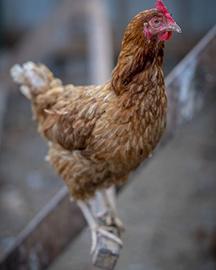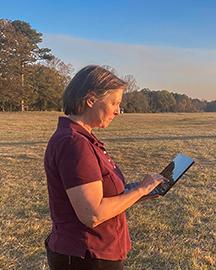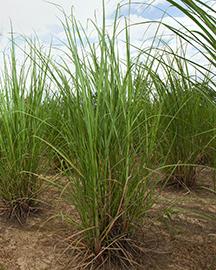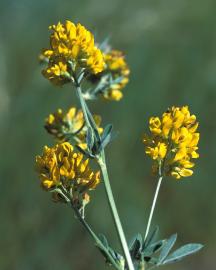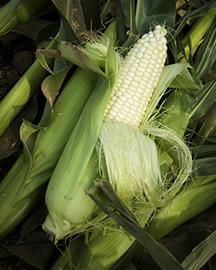
Developing Biofuel Opportunities While Reducing Greenhouse Gasses
ARS scientists across the country are investigating ways to ensure agriculture can not only produce food, feed, and fiber, but also renewable fuels that will help diminish our carbon footprint. In University Park, PA, ARS scientists helped conduct life-cycle studies showing that producing ethanol from winter barley crops can generate a smaller carbon footprint compared to making gasoline from crude oil. This is important because it allows ethanol, considered a cleaner-burning alternative to gasoline, to meet the advanced fuel standard of the U.S. Environmental Protection Agency. Meanwhile, a team of ARS scientists in Mandan, ND, joined with Michigan Tech and the U.S. Department of Transportation to show that replacing fallow land with oilseed crops like canola in non-irrigated areas of the Great Plains can offer several potential benefits. These include reducing greenhouse gas emissions, increasing soil-stored carbon, and bolstering regional farmer incomes approximately $25 million annually through the production of sustainable jet fuel.
In Lincoln, NE, and Fort Collins, CO, ARS scientists determined that agricultural systems for producing ethanol from switchgrass kept more carbon in soil and released less nitrous oxide over a 16-year trial period than continuous plantings of corn managed with conservation techniques. Furthermore, ARS researchers in Temple, TX; Madison, WI; Lincoln, NE; and Griffin, GA, uncovered important genetic clues to switchgrass’ success in adapting to different growing conditions across much of the eastern half of the continental United States. The findings of these multi-location ARS studies inform producers and policymakers alike—from exploring emerging market opportunities to creating programs that support renewable fuel production and national energy security.




